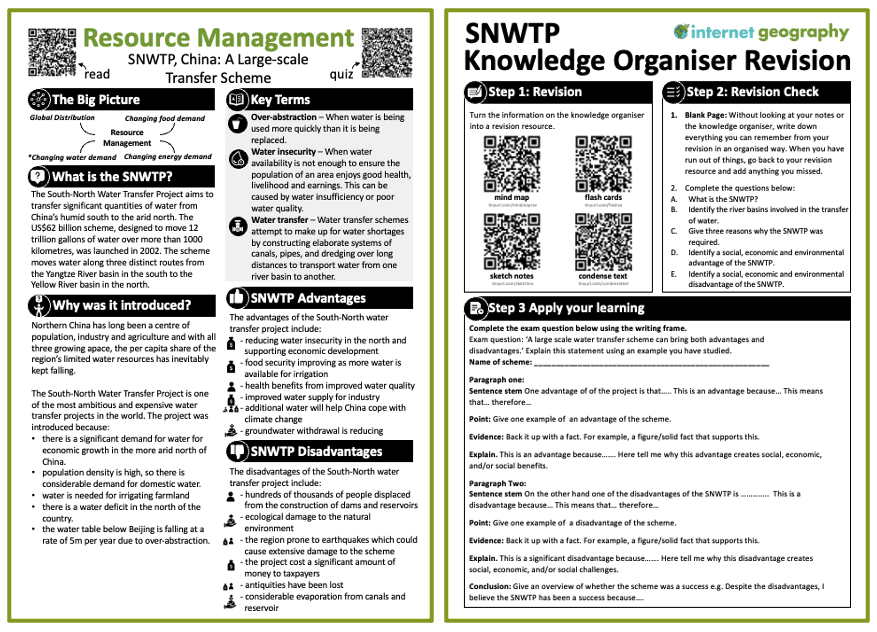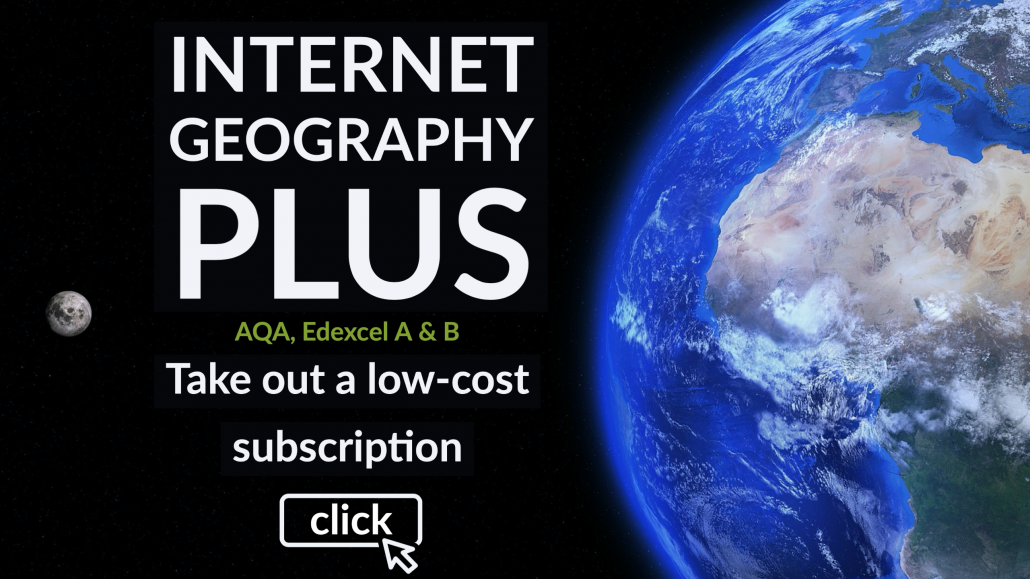In the dynamic world of education, knowledge organisers have emerged as a beacon of structure and clarity. These compact documents are treasure maps, leading students through the terrain of a subject’s key facts, concepts, and vocabulary. With a focus on geography, let’s delve into how knowledge organisers can enrich learning, highlight the stumbling blocks, and explore an innovative three-step approach to maximise their potential.
Unlocking the World Through Knowledge Organisers
Geography is a subject that encapsulates the world’s complexity, from the peaks of the highest mountains to the depths of ocean trenches. Knowledge organisers serve as an atlas, charting the essential information students need to navigate this vast subject. They condense the expansive content into digestible sections, allowing learners to see the connections between physical processes and human activities.
The Terrain of Benefits
Utilising knowledge organisers in geography brings a myriad of educational advantages. They provide a clear outline of what needs to be learned, aiding both teachers and students in focusing their efforts. When used effectively, these organisers can boost retention and support differentiated learning, offering a clear framework for revision that caters to diverse learning styles.
Navigating the Challenges
However, the journey isn’t without its challenges. The pitfall often encountered is students not leveraging these tools effectively. Without proper guidance, knowledge organisers can become nothing more than sheets of facts rather than stepping stones to deeper understanding.
A New Approach: Internet Geography Knowledge Organiser Guides
Inspired by an example shared by Rachel Baxter, Internet Geography has developed a three-step guide to transform knowledge organisers into effective revision tools.
Step 1: From Information to Revision Material
This step is about transmutation—turning static information into vibrant revision material. Teachers can guide students to rework the contents of their knowledge organisers into mind maps that display connections, revision cards for quick-fire facts, and sketch notes that combine visuals and text for a memorable revision experience.
Step 2: The Blank Page Activity & Targeted Quizzes
Here, students test the waters of their memory. The blank page activity involves recalling and recording information without the safety net of the organiser. Complementing this, targeted quiz questions focus on areas that are often tricky, ensuring that students’ understanding is both broad and deep.
Step 3: Mastering the Extended Exam Question
The final step is all about application. Students are presented with extended exam questions that require them to draw directly from their knowledge organisers. This not only assesses their recall abilities but also their skills in applying knowledge to new and complex scenarios.
Knowledge organisers, when intertwined with Internet Geography’s guides, are more than just resources—they are a methodology, a way of learning that empowers geography students to conquer mountains of facts and navigate the rivers of complexity with confidence. It’s time to embrace this approach and witness the transformation in geographical education.
We have started developing knowledge organiser guides to support students using the 100+ editable knowledge organisers available to Internet Geography Plus subscribers.
Internet Geography Plus subscribers can log in and access the resources in the knowledge organiser area of Internet Geography Plus. There’s even a template for you to use for knowledge organisers you have developed yourself.


